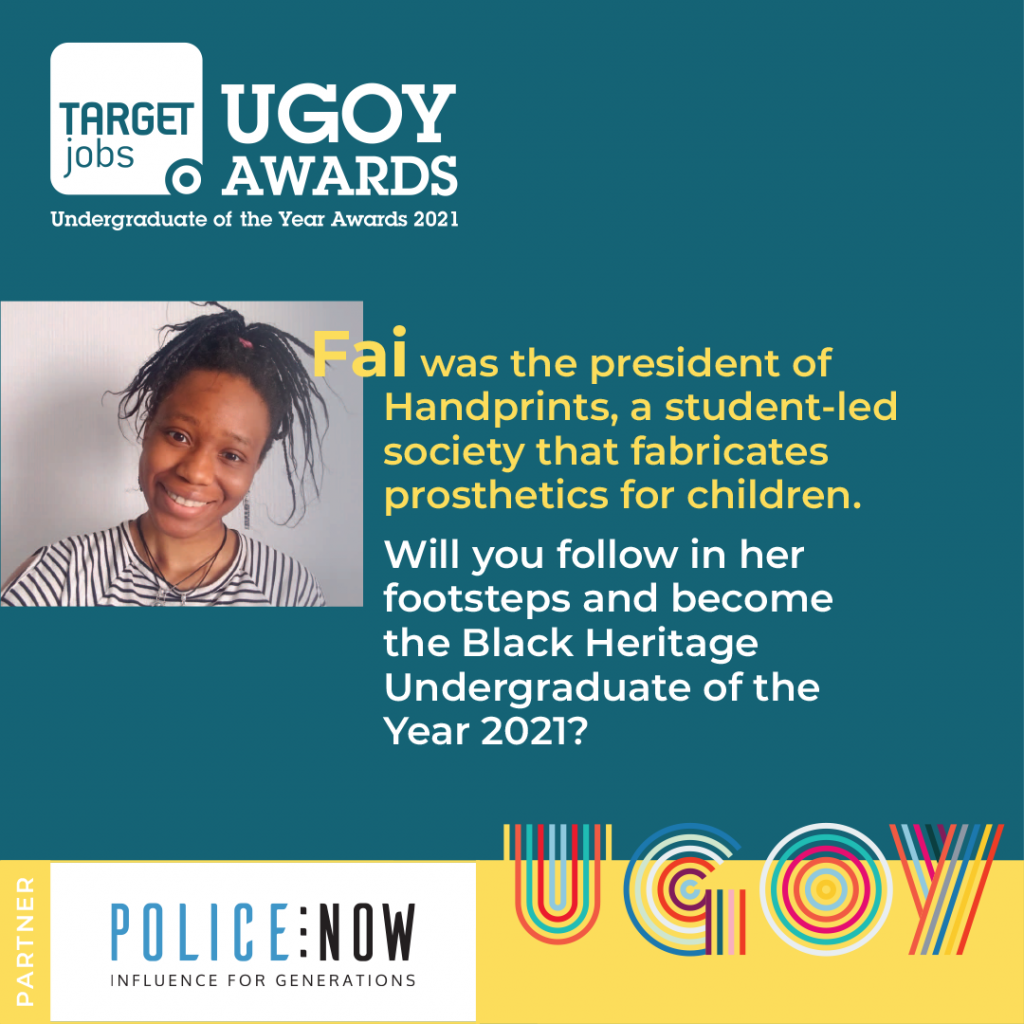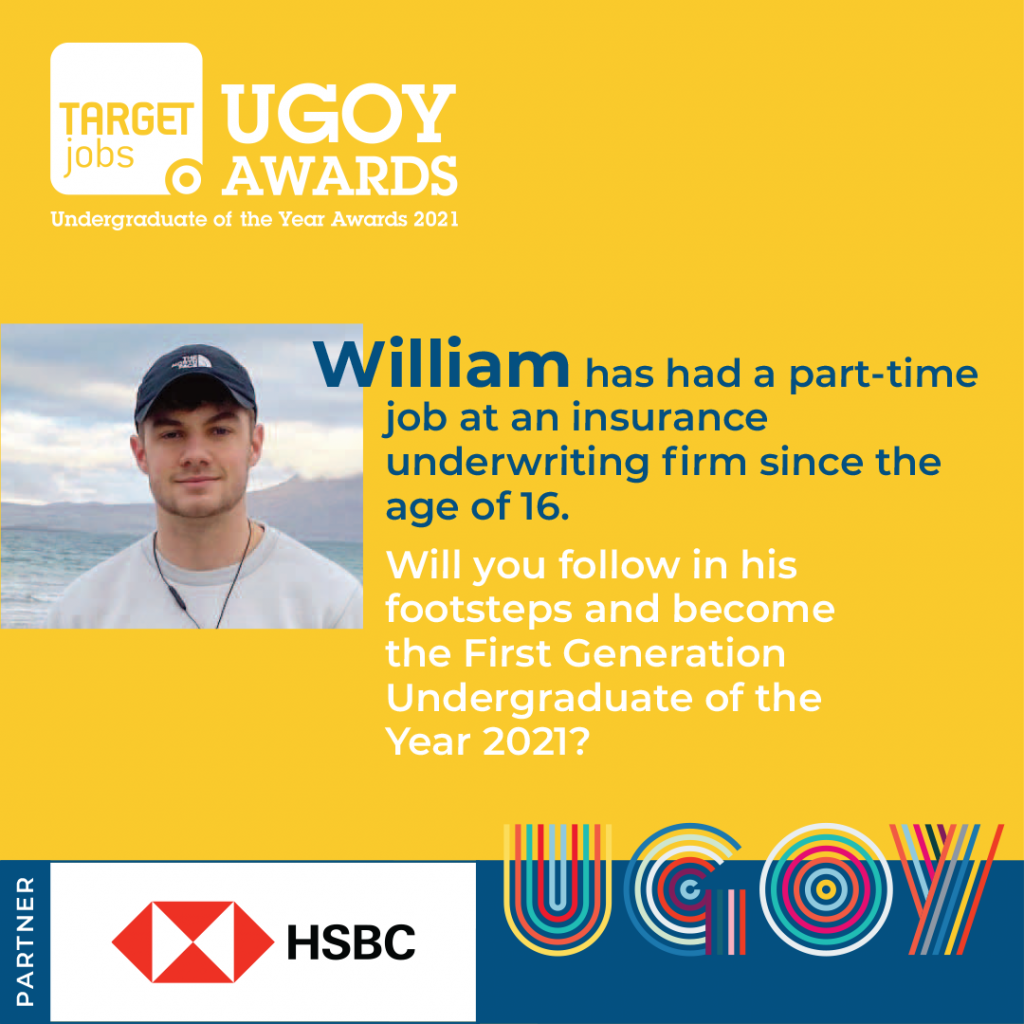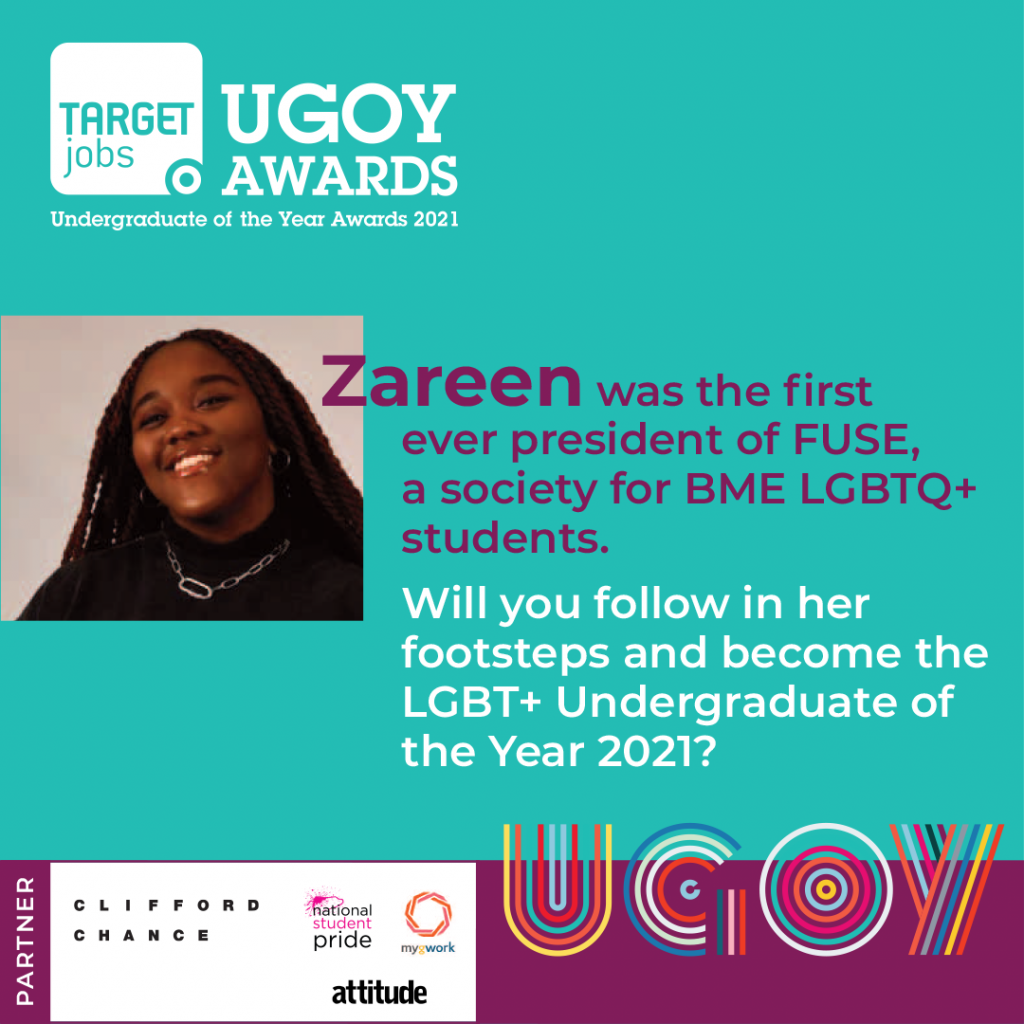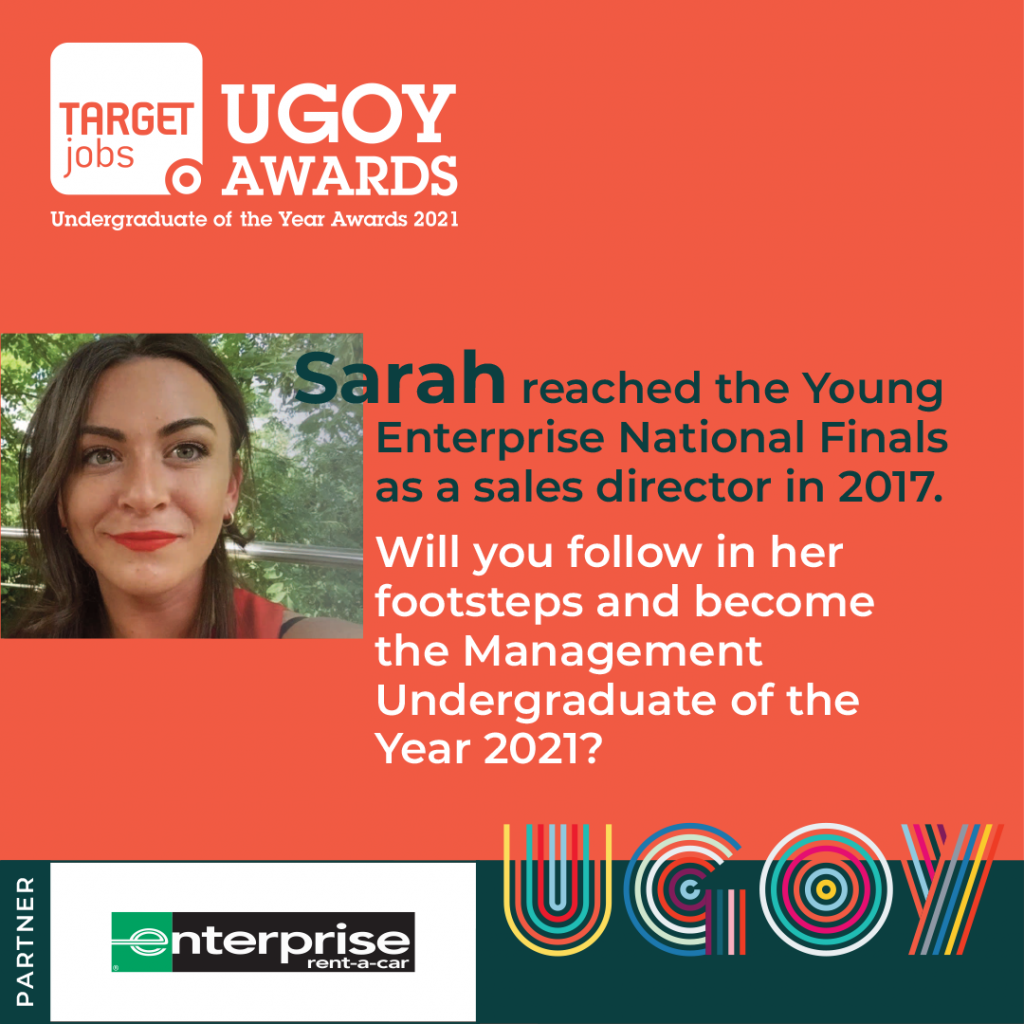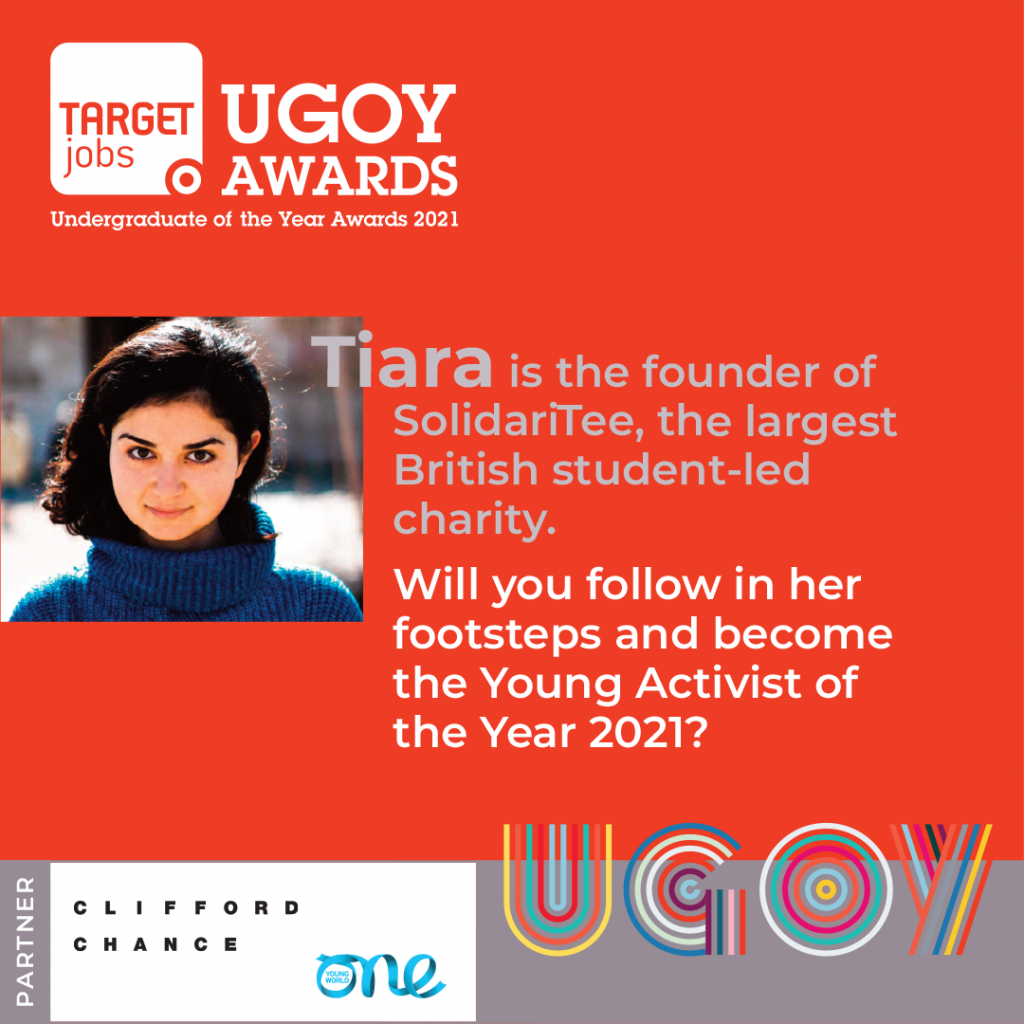
Our student blogger Maeve McDermott read the TARGETjobs Careers Survival Pack and here are her key takeaways. Number 4, get to know us better!
Your first year of university can be overwhelming. Moving to a new city and navigating a newfound independence, whilst mastering the art of referencing and attending lectures can mean that thinking about your future career is pushed to the bottom of your list of priorities. However, it is never too early to think about ways to boost your employability while still enjoying everything else that comes along with university life, and TARGETjobs Careers Survival Pack is full of tips on how to just that. Act now and thank yourself later and you can save yourself from that final year rush.
- Plan your path
Thinking about your career early on can be daunting, so it’s useful to chart your direction and decide which route you are going to take so you have a structure to follow. Will you choose a sector/industry to work and look for employers in that sector? Or will you be more flexible about the role and sector, and instead focus on the employers you like and seek out their opportunities? Either way is perfectly fine, but it’s good to choose one path so you can effectively plan your career as early as possible.
2. Clubs and societies
Joining clubs and societies is not only a great way to meet people and have fun, but to gain those vital transferrable skills. Teamwork and problem-solving skills are part and parcel of being a member of any club or society, be it Brazilian Jujitsu or the Vegetarian Society, and it shows that you’re committed and have interests outside of your studies and your social life! Plus, having a role of responsibility through running events in any clubs or societies can demonstrate communication and organisational skills, which are sure to impress future employers – and can enjoyable too!
3. Part-time jobs and volunteering
Part-time jobs and volunteering opportunities also give you the chance to build on those transferrable skills. Whilst stacking shelves or picking up litter mightn’t be what you want to do long-term, the ability to juggle work and study can demonstrate a strong work ethic to employers and really help you to stand out. There are plenty of rewarding and interesting volunteering opportunities available through Volunteer SU who are always looking for people to offer their time, and part-time work both on and off campus are advertised on MyFuture.
4. Get to know your university’s careers service
Explore what your careers service has to offer. From consultations to employer events to international study tours, your careers service is bursting with resources to help you boost your employability alongside your studies. Visit the QUB Careers website often and follow their social media to keep up to date with opportunities and events. Careers fairs and employer events are a great way to meet and network with employers directly – something that you can never do too early.
5. Develop a good study routine
Establishing an effective study routine from the get-go can really work in your favour. Even if your first year counts for very little, having impressive first year grades will come in handy if applying for internships/work experience in 2nd year, as employers will only have these grades to base their decisions on. Plus, it’s good to develop those study skills early on in your university career to avoid the final year panic.
6.Look at work experience/internships
Be sure to check springtime deadlines/exam dates as some employers offer insight days, work experience, or internships for first year students. More and more large companies are offering these types of opportunities and having these names on your CV can look really impressive to future employers and can be a great way to decide whether an employer is right for you. After finishing your exams and assignments, what better way to start your long summer break than gaining valuable experience and building up your CV early on in your university career?
7. Register with TARGETjobs
Registering with the TARGETjobs website means you’ll get sent details of careers events, work experience and tips to improve your employability. They also run the Undergraduate of the Year Awards with an award exclusively for first year students, so what are you waiting for? TARGETjobs also run events to introduce students to employers, with some exclusively for first year students and some open to all year groups, such as webinars that can help with your employability. Have a look and see what’s on offer at targetjobs.co.uk/events
Doing just a few things per semester to boost your employability doesn’t have to be overly time-consuming. It’s really as simple as joining a club, volunteering for a few hours or attending an employer event and it can really pay off in the long run. Any effort you put in now will really help you in the future, and your final year self will be forever thankful!
Read more advice from TargetJobs here.




